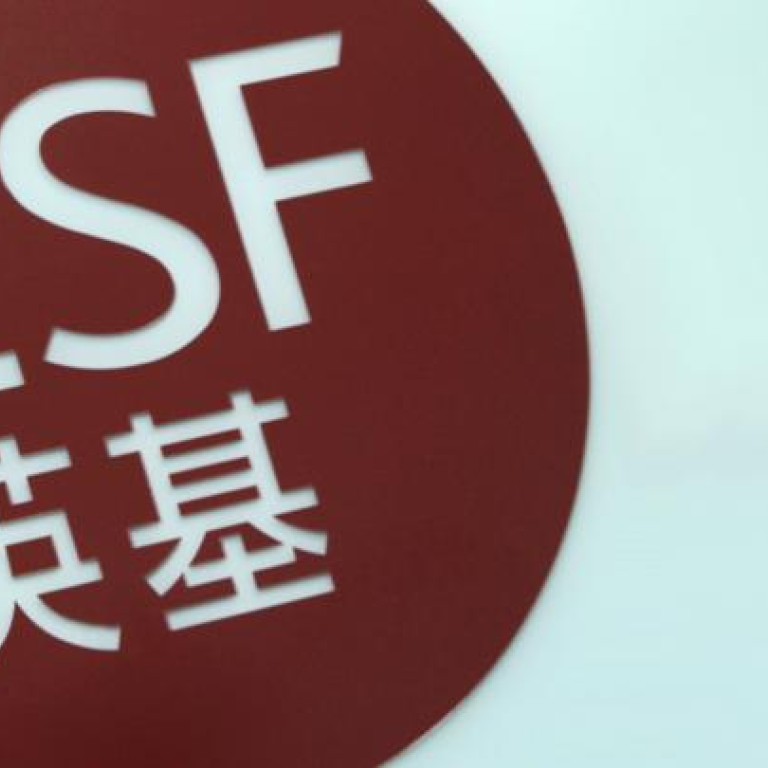
ESF hankers for public funding, despite Eddie Ng's comments
Foundation argues its English curriculum is valuable to all Hong Kong citizens; DSS schools teaching IB could help fight for subvention
The English Schools Foundation is banking on its strengths to secure continued public funding, despite the government's plan to phase out its HK$283 million annual subsidy.

He also ruled out treating the foundation like direct-subsidy schools (DSS), as they are required to teach a local curriculum. But ESF chief executive Heather Du Quesnay said yesterday that the ESF schools, with their 13,000 students, were a part of Hong Kong.
"We were established by ordinance in 1967 to offer an education in the medium of English to students who can benefit from it. That is ... not just for expatriates but for any child in Hong Kong who could speak English and wanted an English education. So our history is all about serving local people."
But she acknowledged that it would be "challenging" to get anywhere near the subvention level for DSS schools, which receive government money but operate mostly like private schools.
Both sides are now working to establish a funding level based on the ESF's specific areas of service, including special needs education, teaching of Chinese to non-Chinese speakers, continuing professional development for teachers, students' welfare - including counselling - learning technology, mother tongue support for students whose native language is not English, and applied learning.
"We will see what total amount of money that would generate," she said.
She now expects a decision to be made before the end of this academic year, contrary to expectations that a deal might be struck by the end of this year.
One factor that could influence the debate is that some DSS schools may not be required to teach the "local curriculum" - contrary to Ng's assertion.
There is now at least one exception to the rule.
Li Po Chun United World College of Hong Kong - a sixth-form college in Wu Kai Sha offering the International Baccalaureate - was given special permission to remain in the DSS scheme in the 2000s, after a government working group affirmed the value of its culturally diversified school environment. Currently, about 40 per cent of its students are local residents.
Other DSS schools face rising demand from students for non-local curriculums, such as the IB, Cheung Siu-ming, principal of Creative Secondary School, said.
"What is the rationale of a local curriculum?" he asked. "Any curriculum that helps students get into local universities should be good enough. The IB curriculum suits a world-class international city like Hong Kong."
He urged the government to study overseas cases, such as in Australia, where state schools can offer non-national curriculums.
